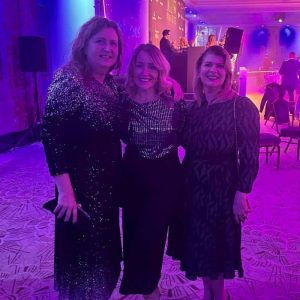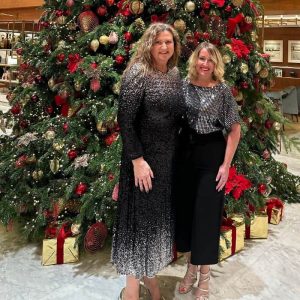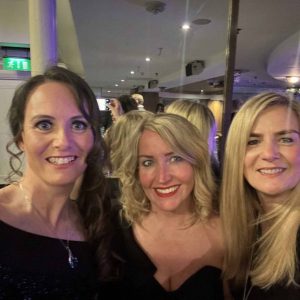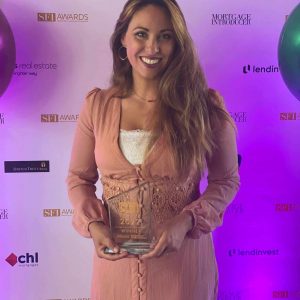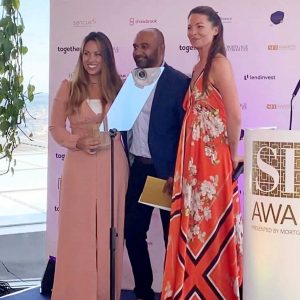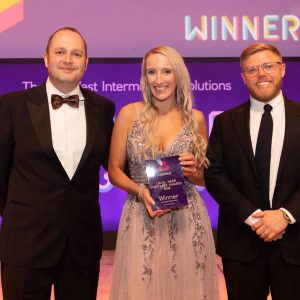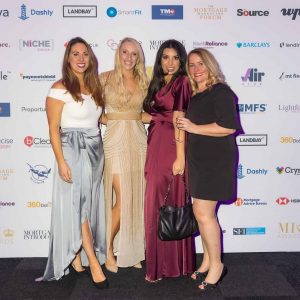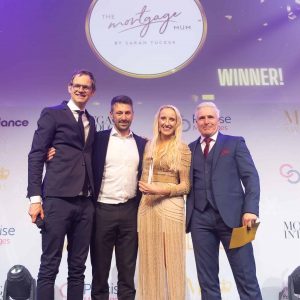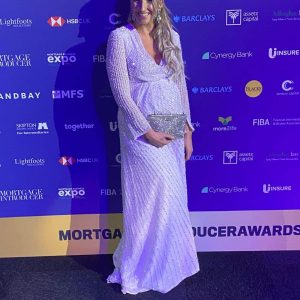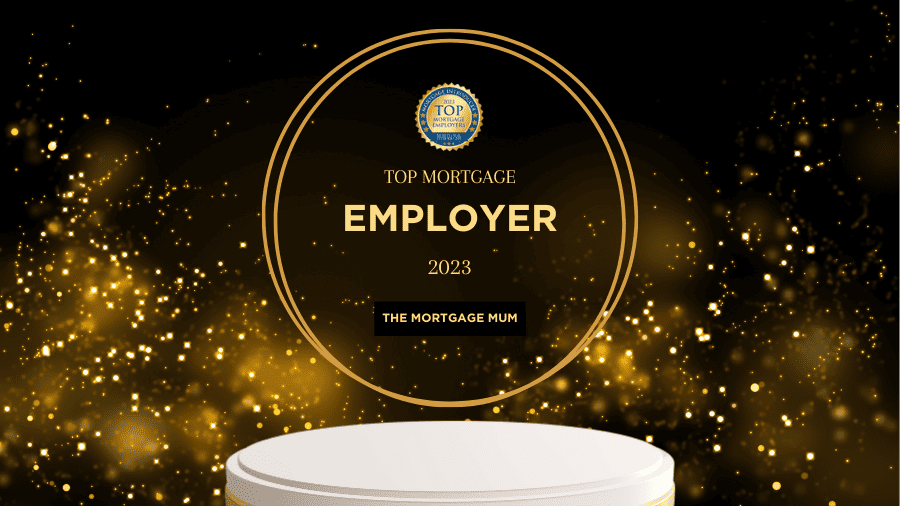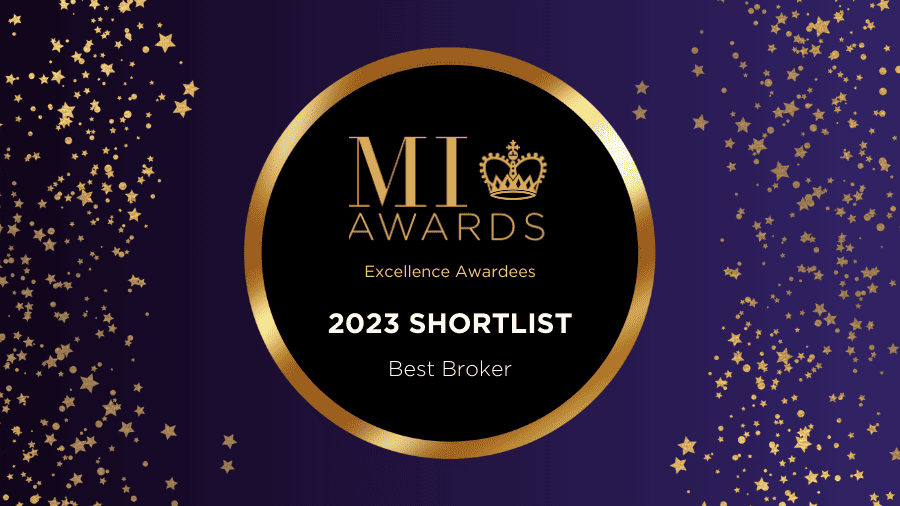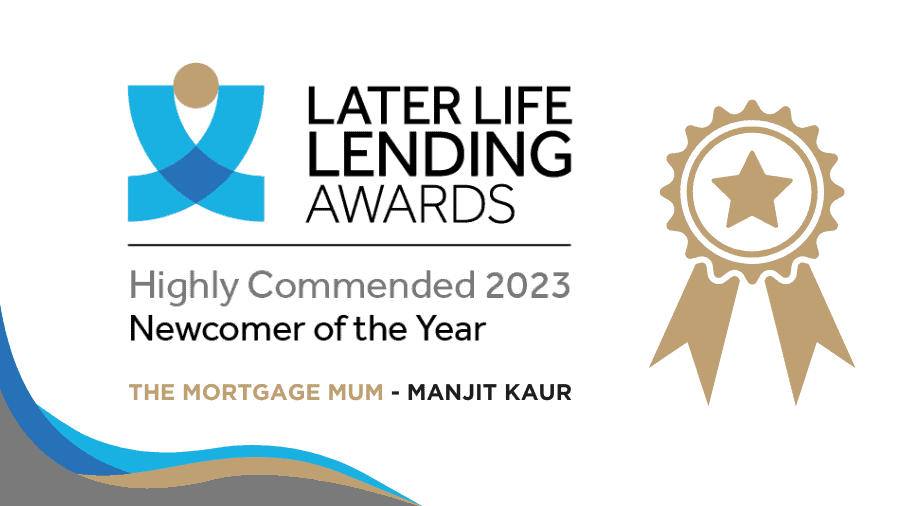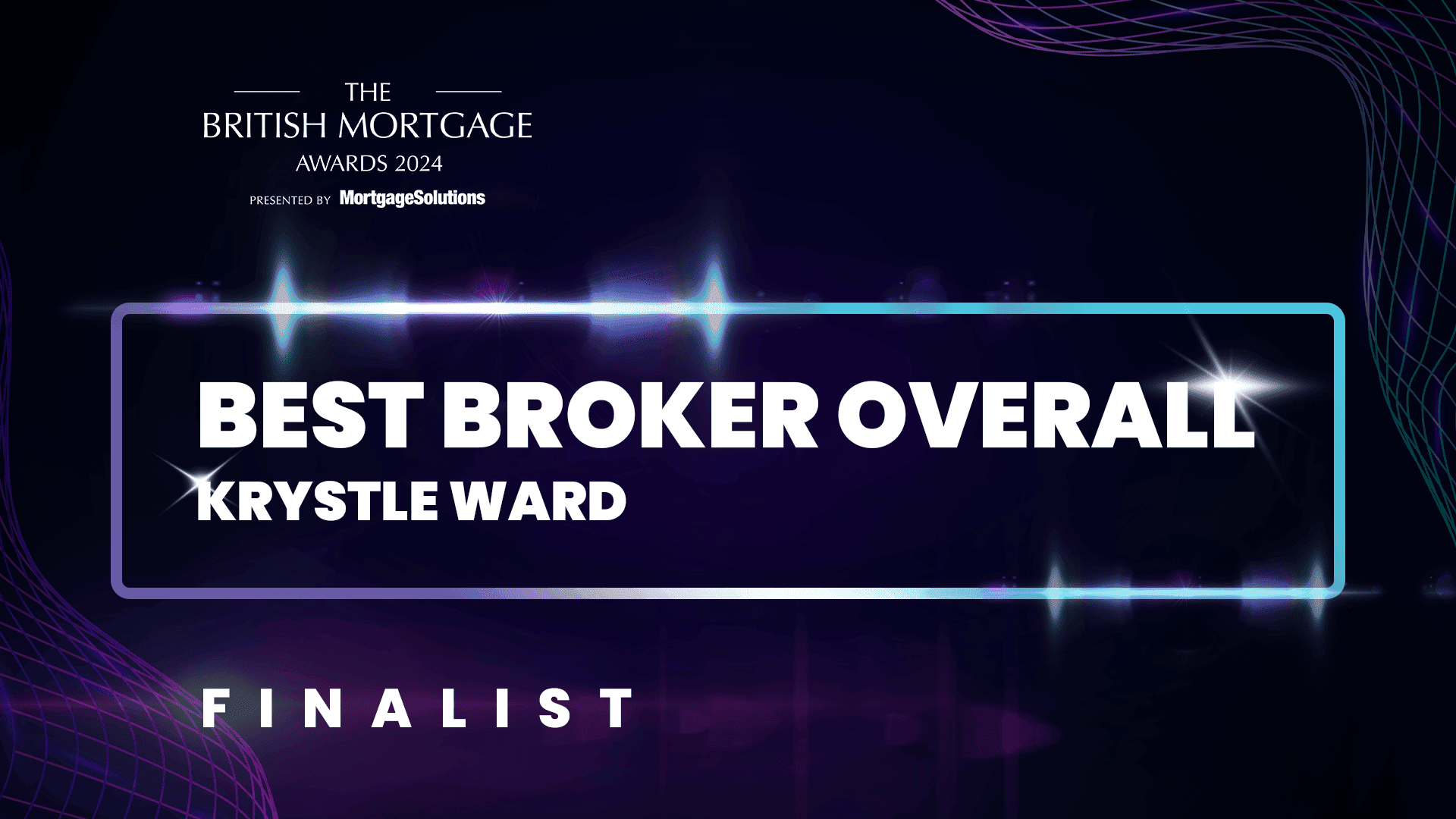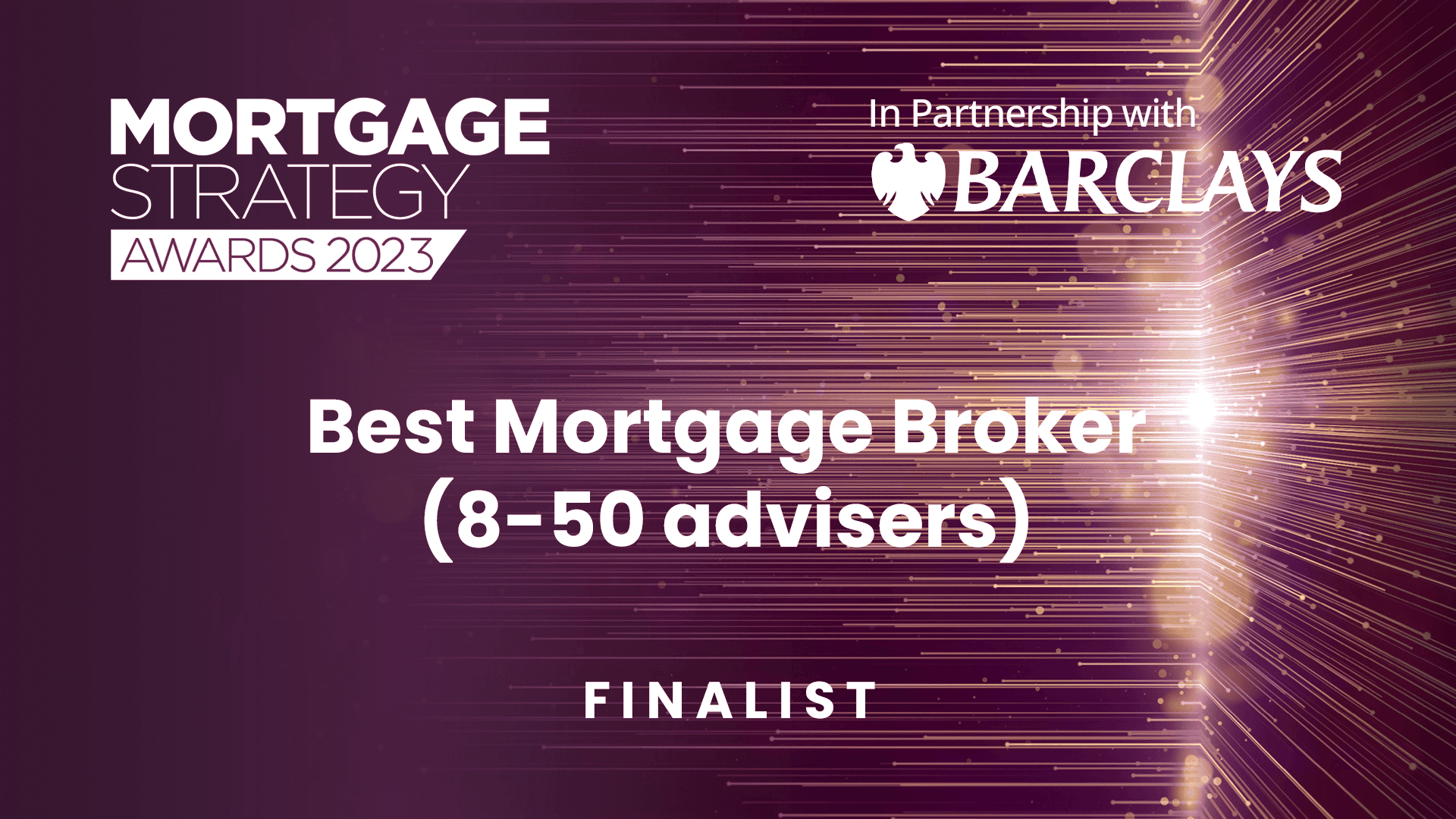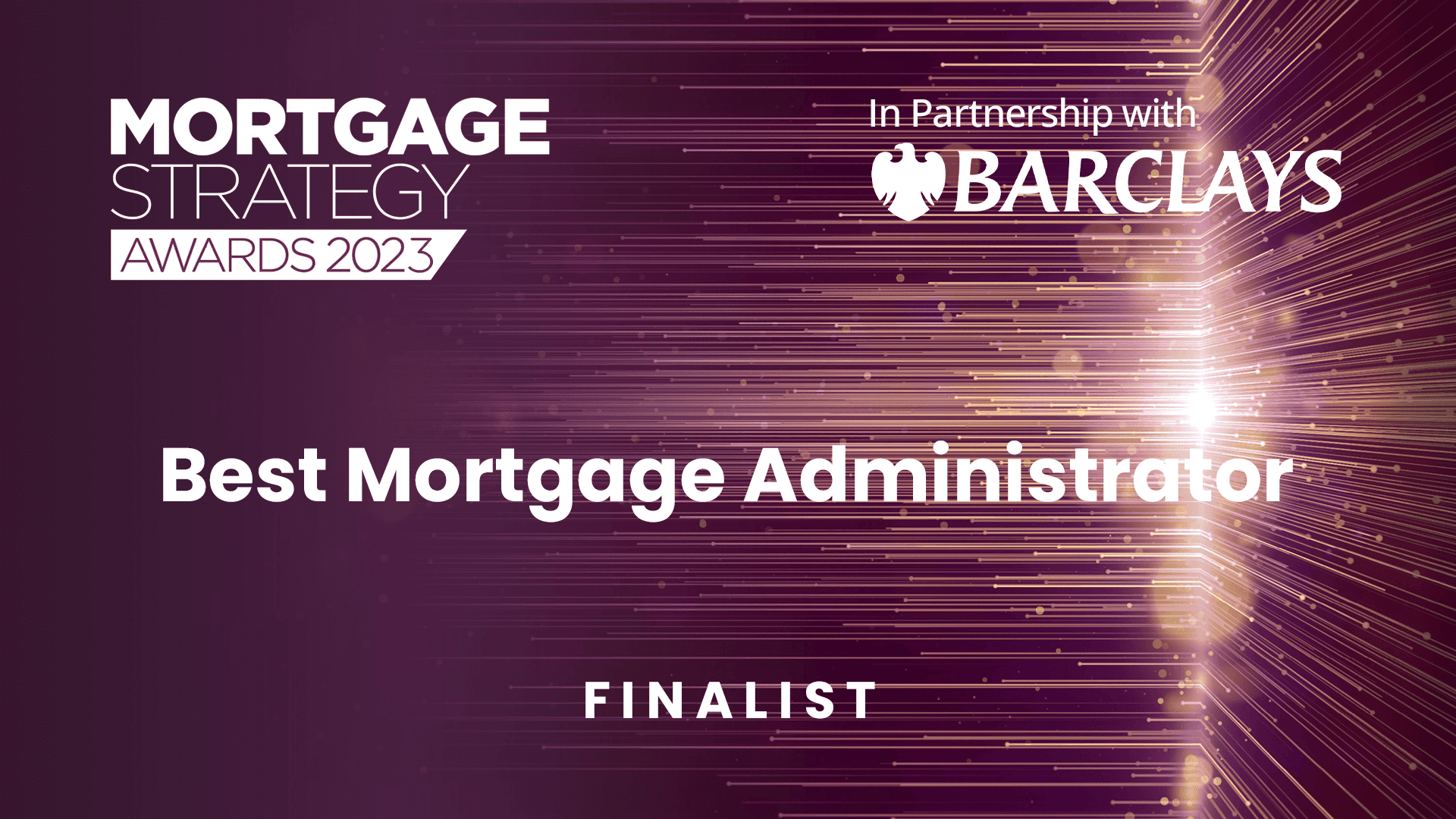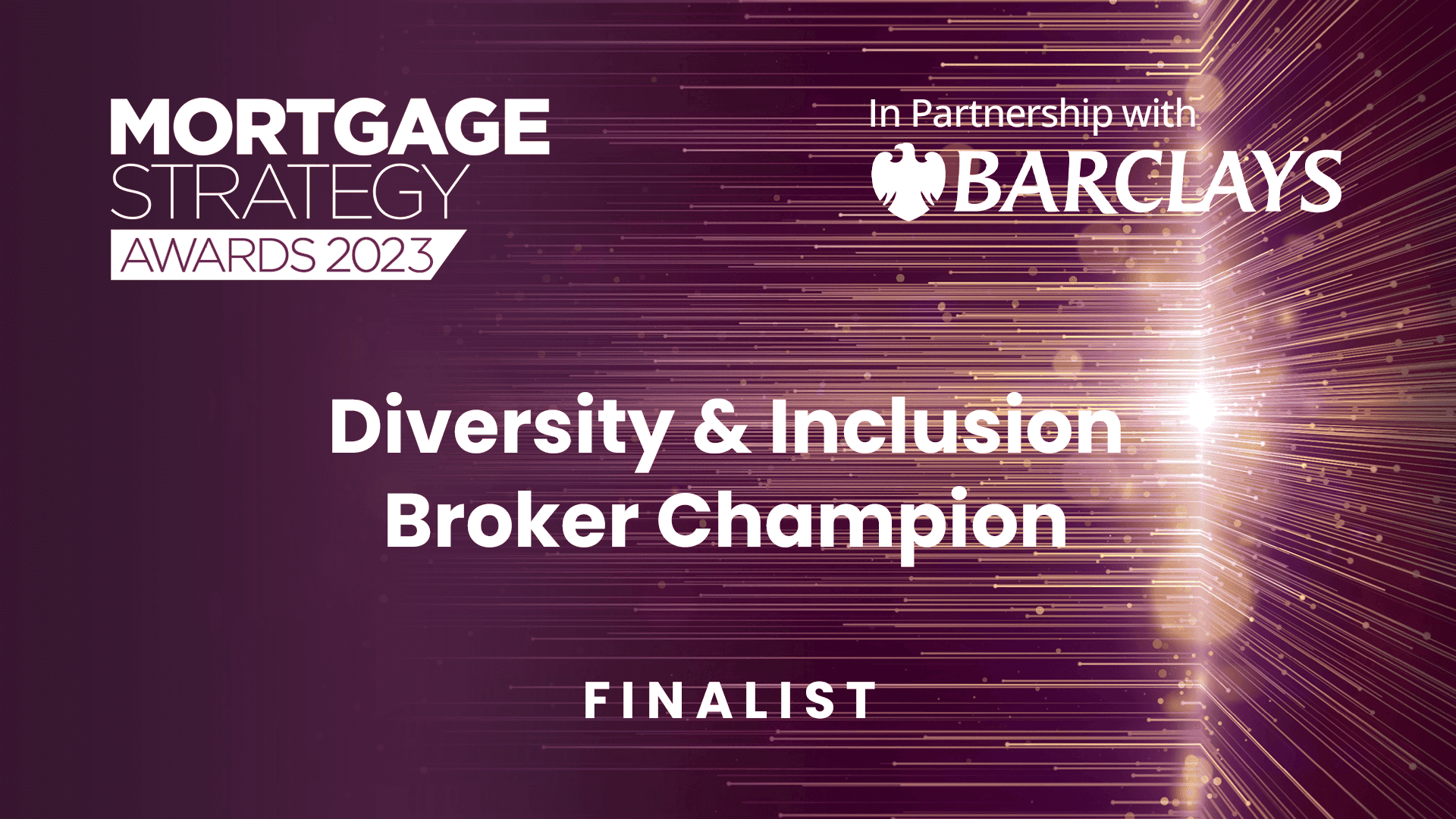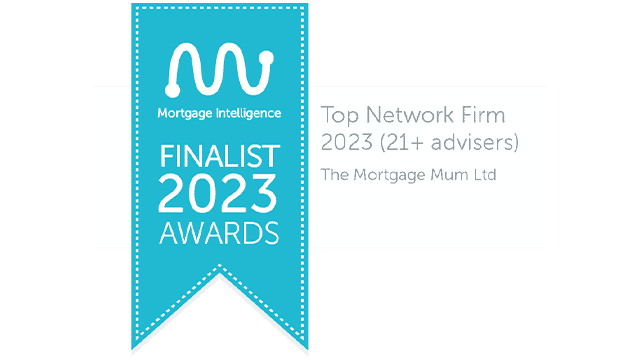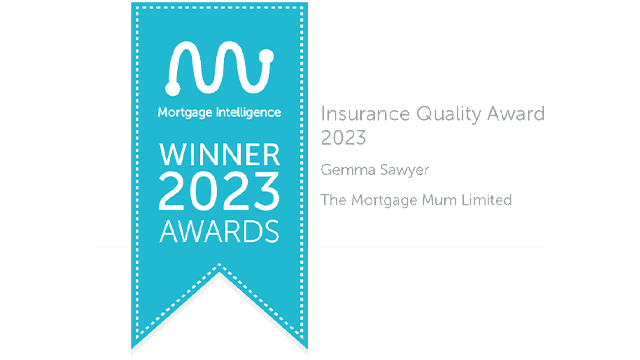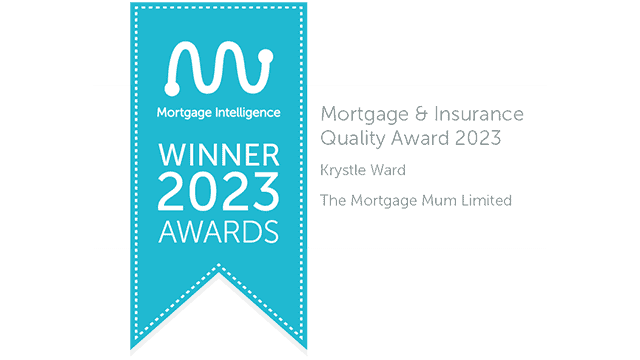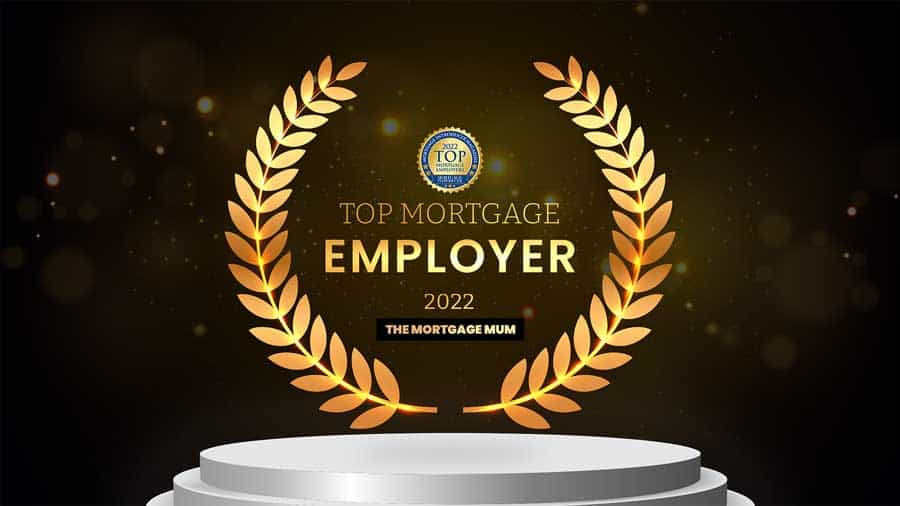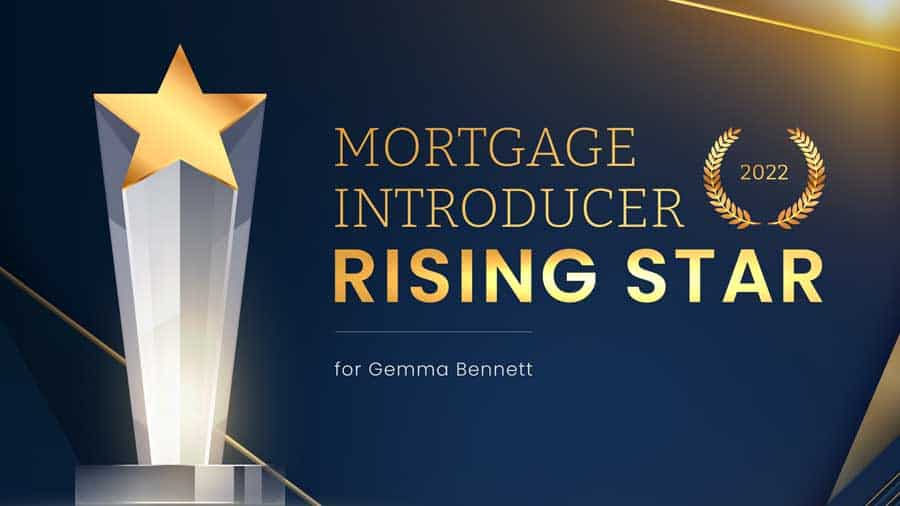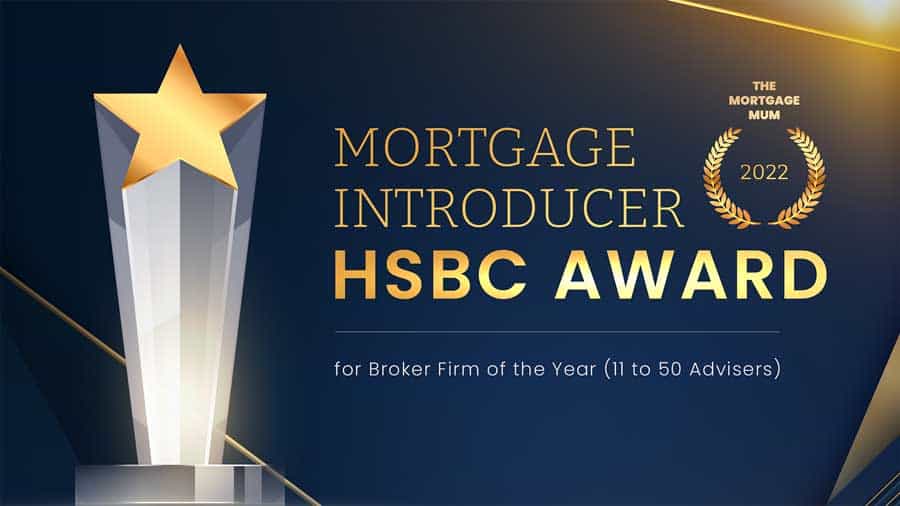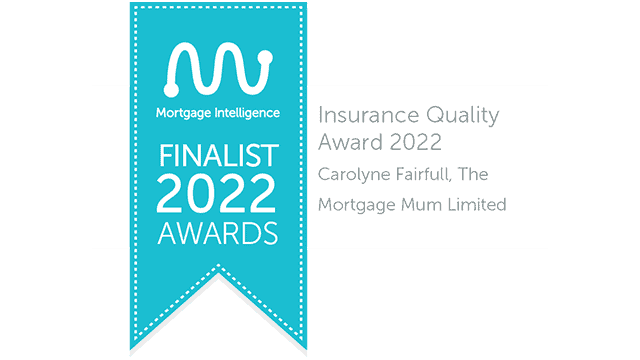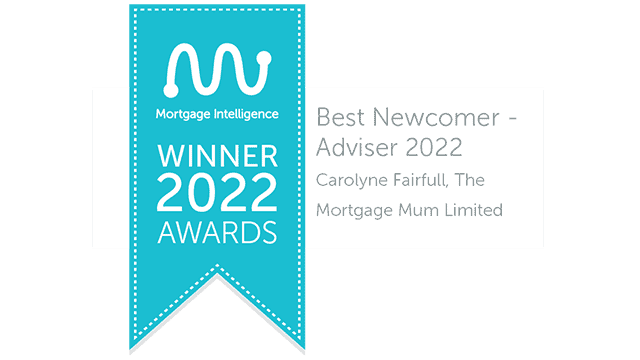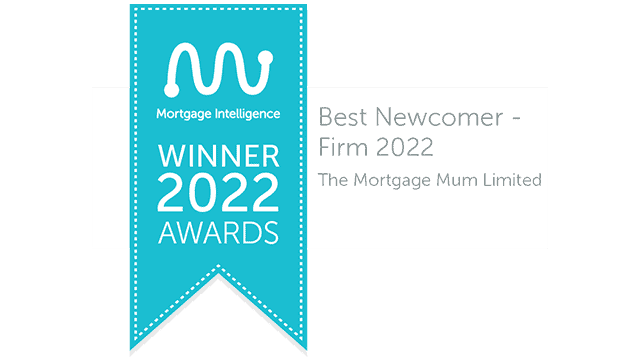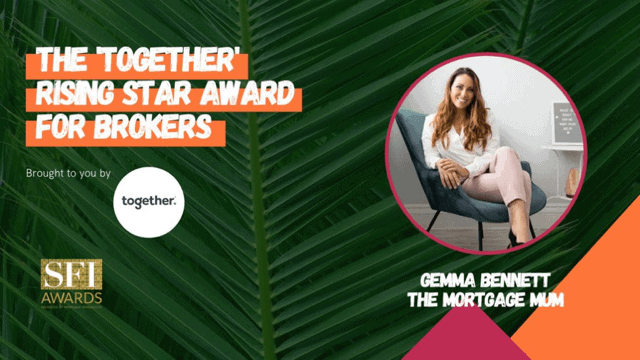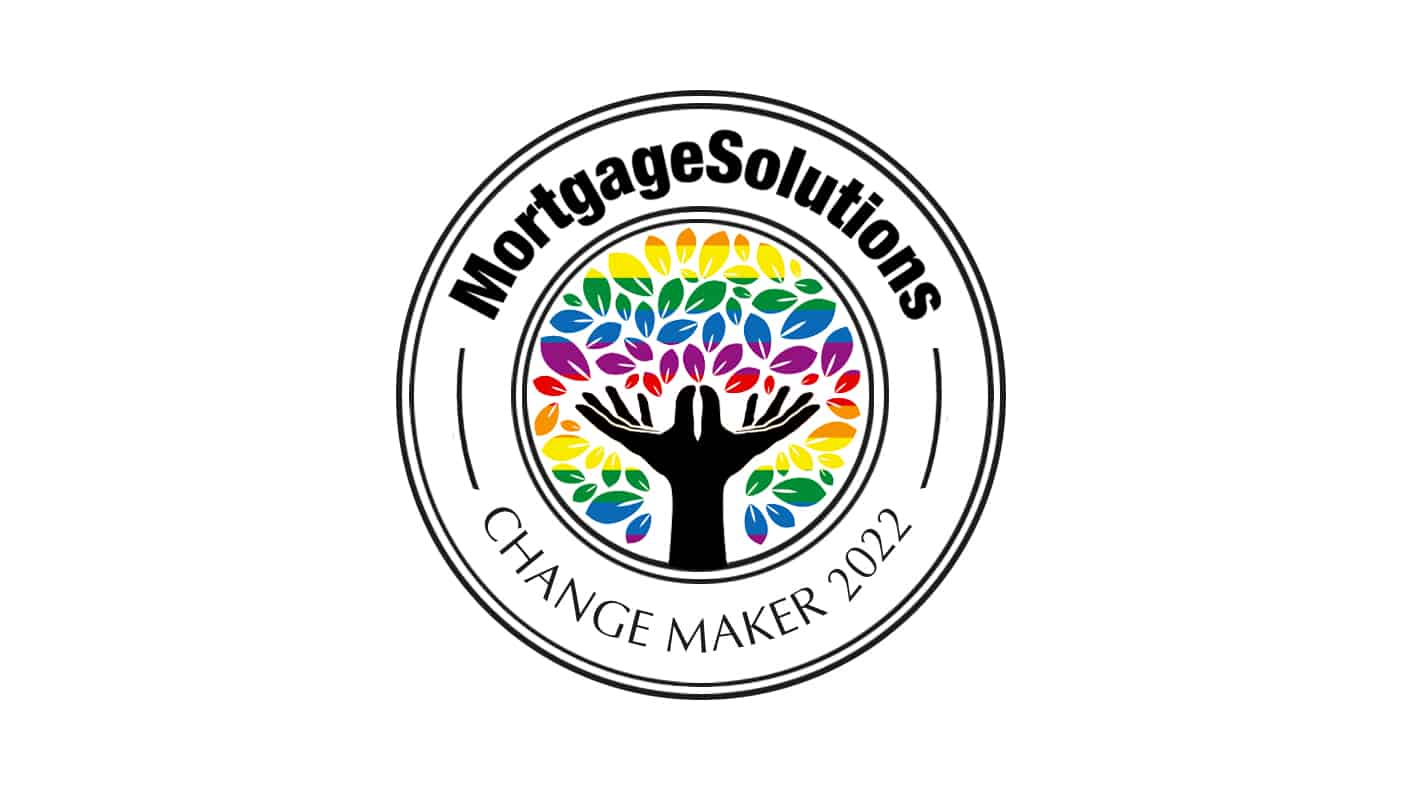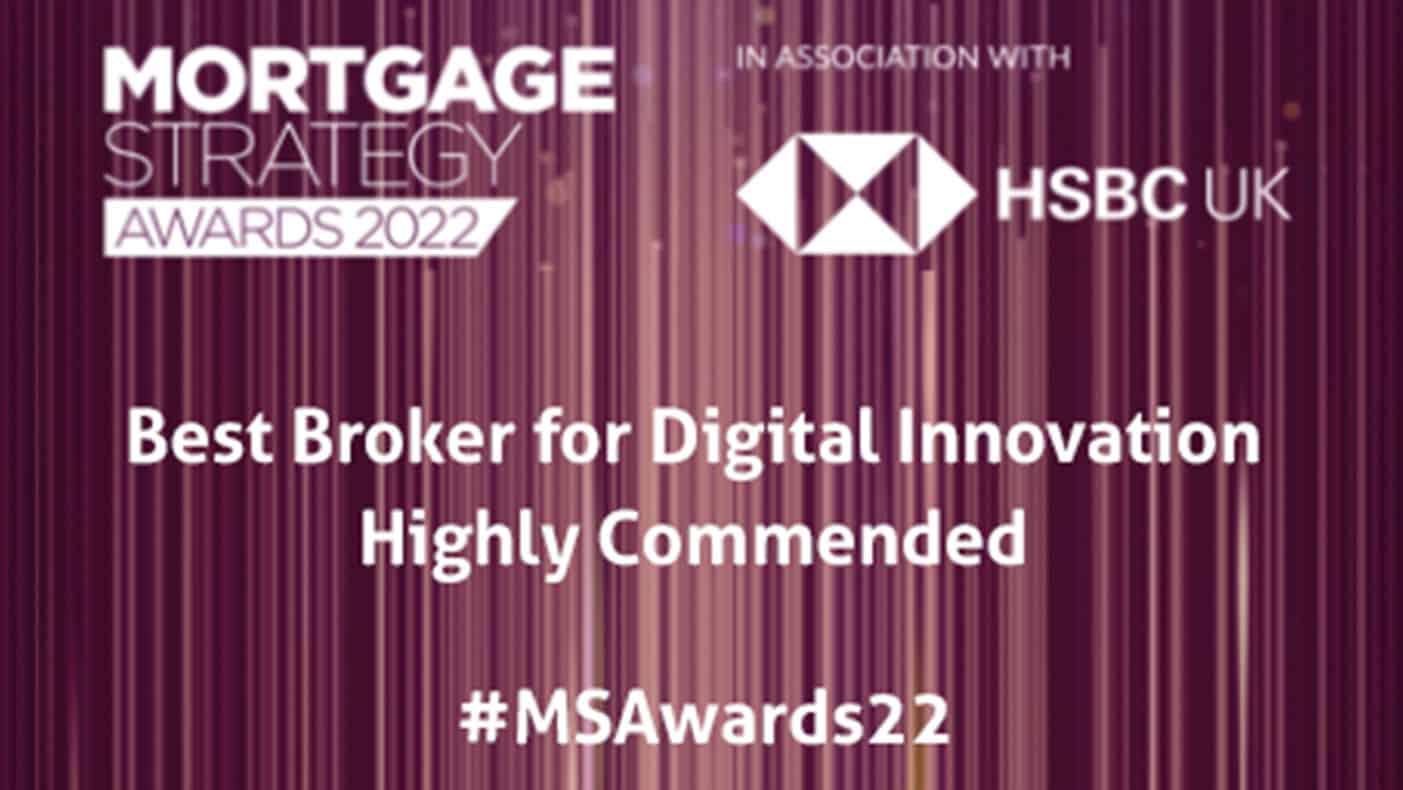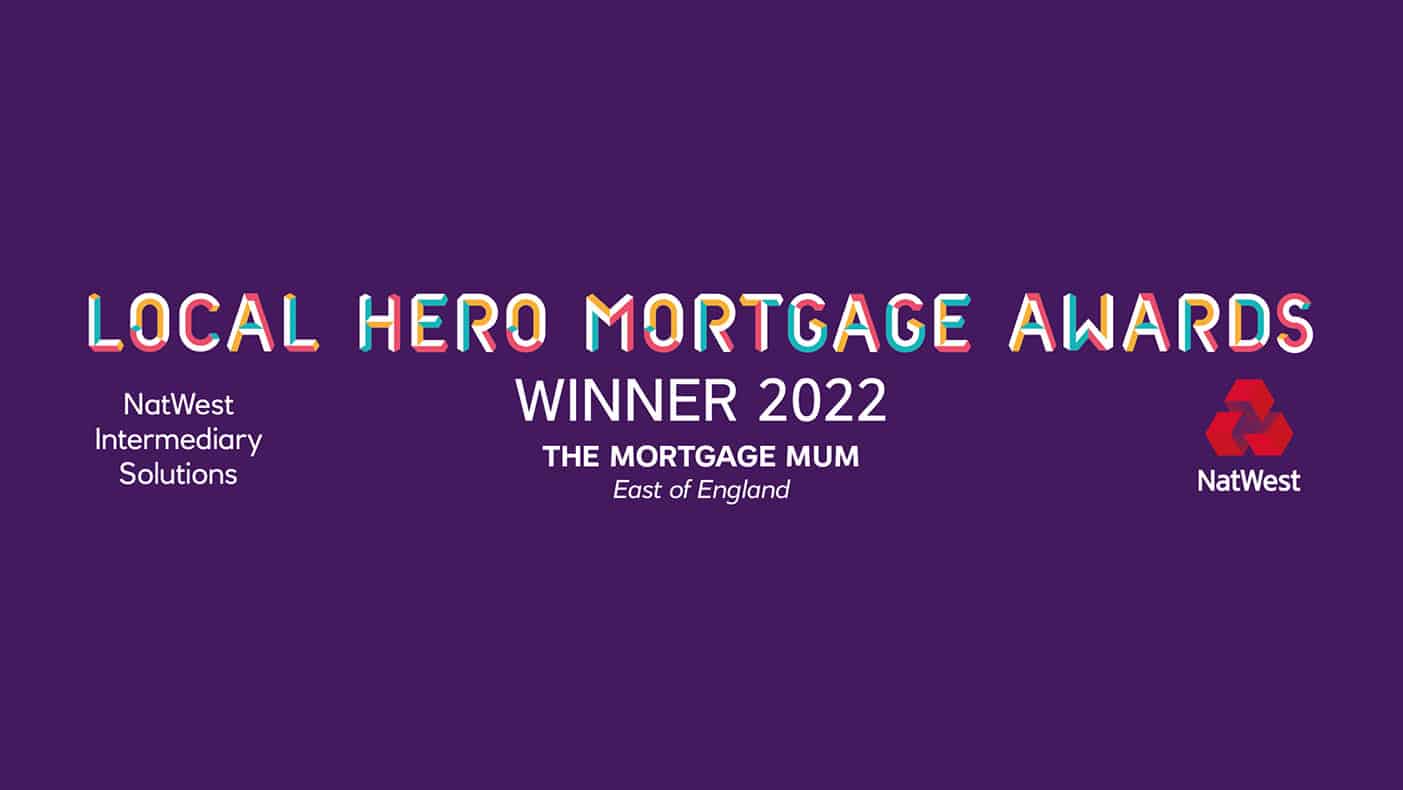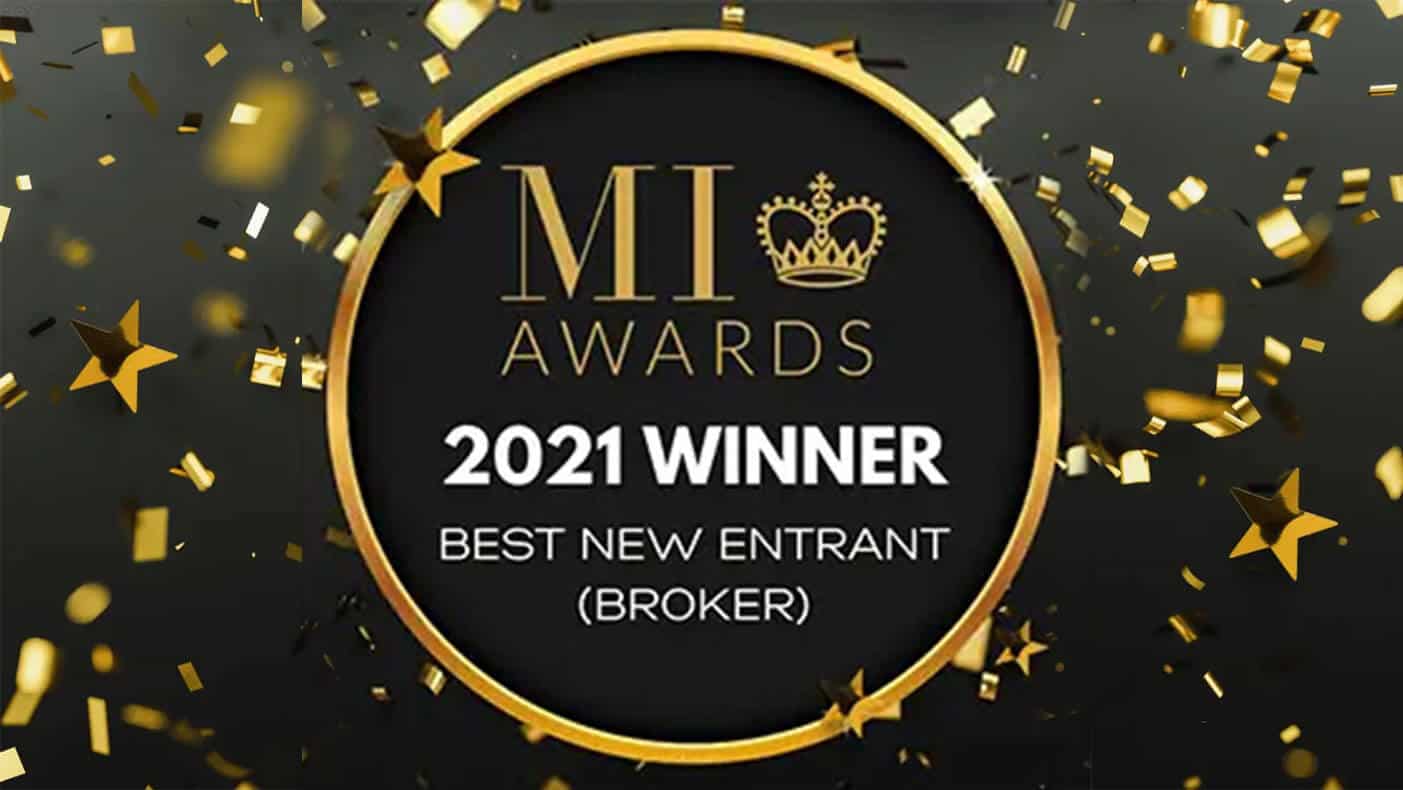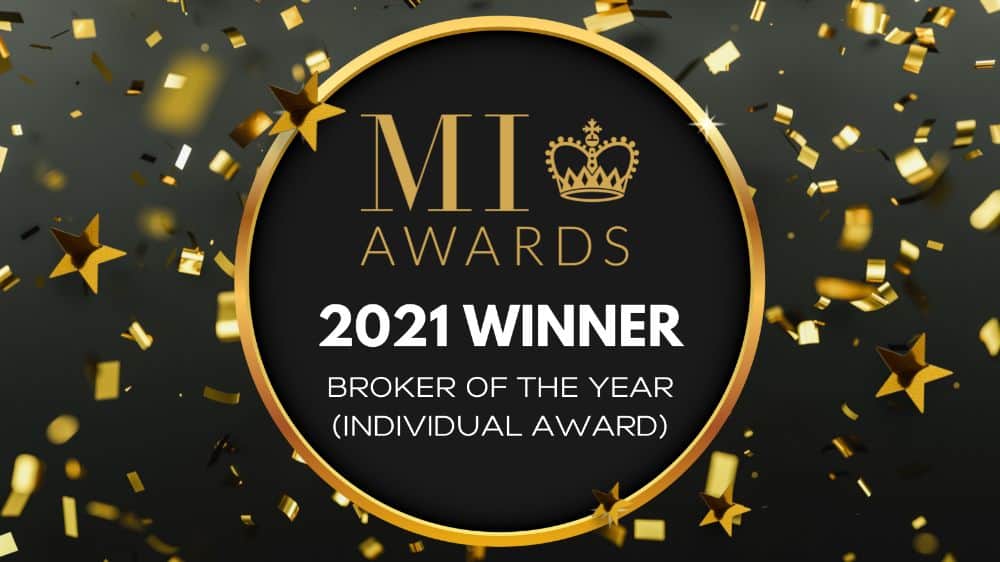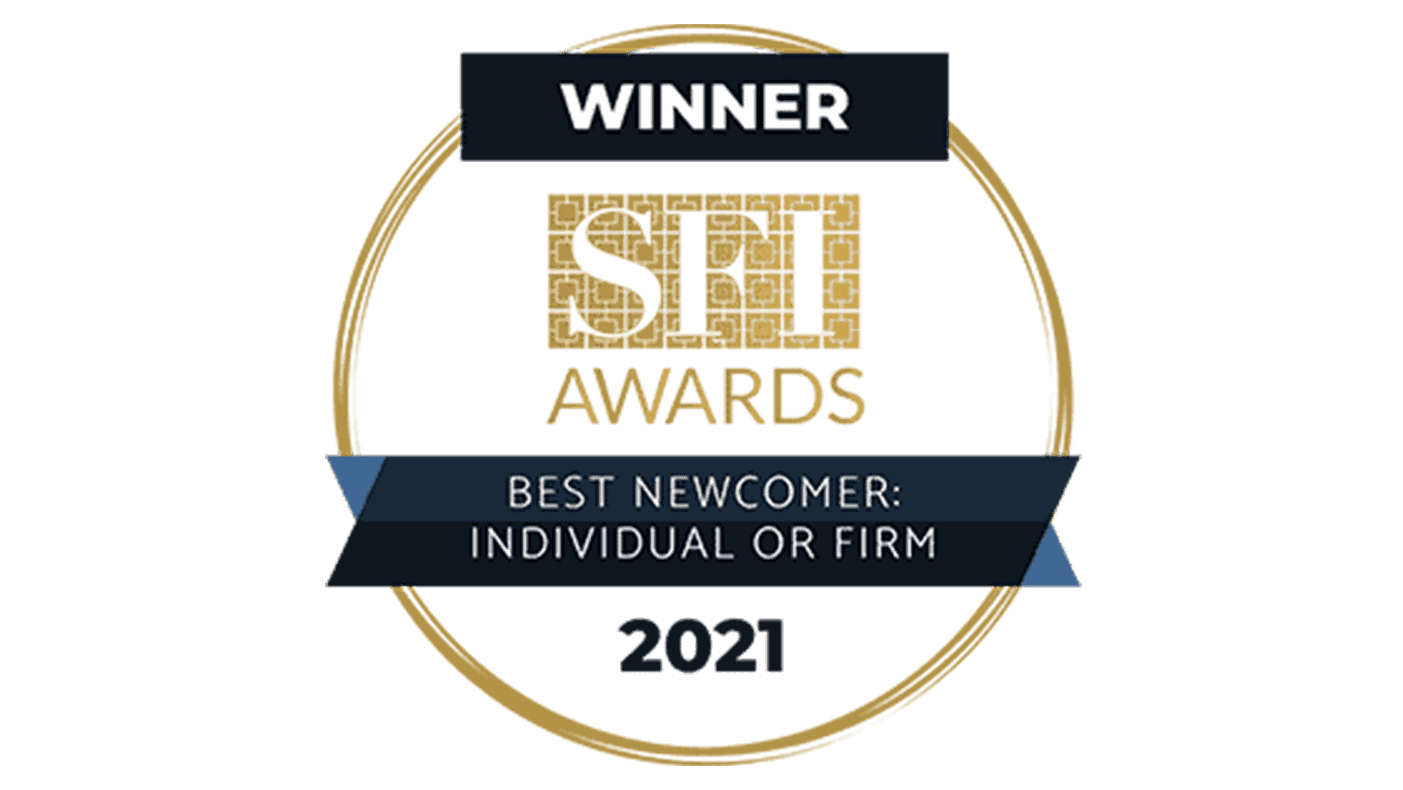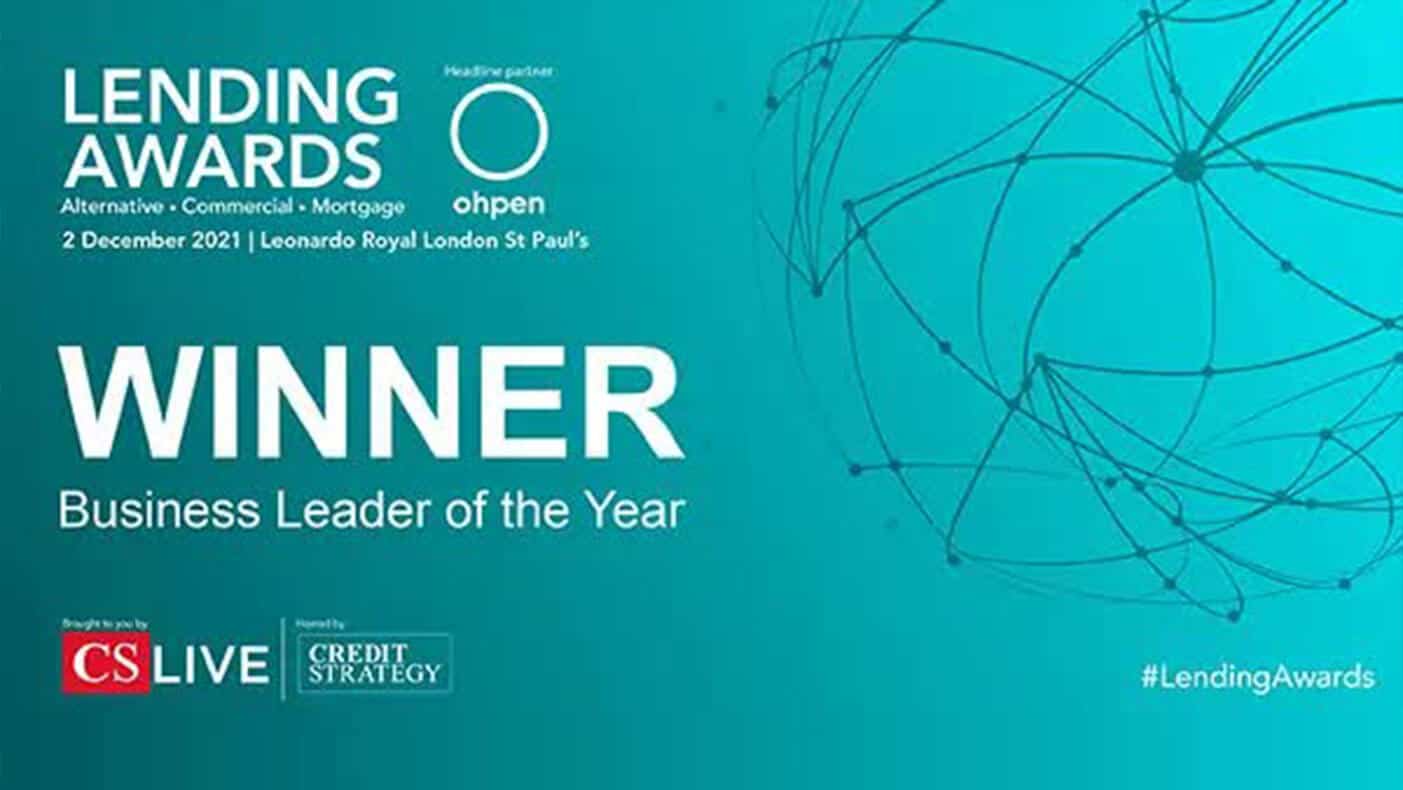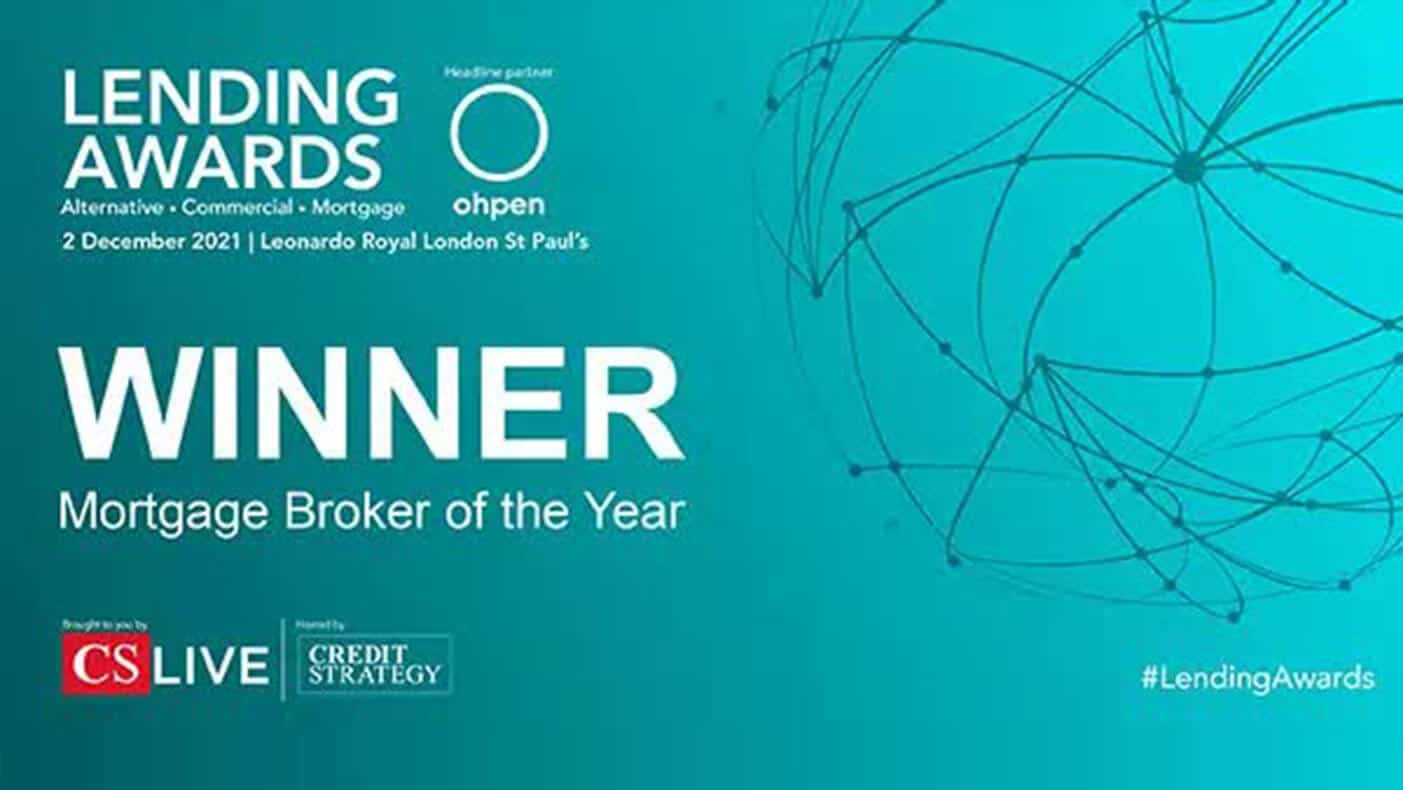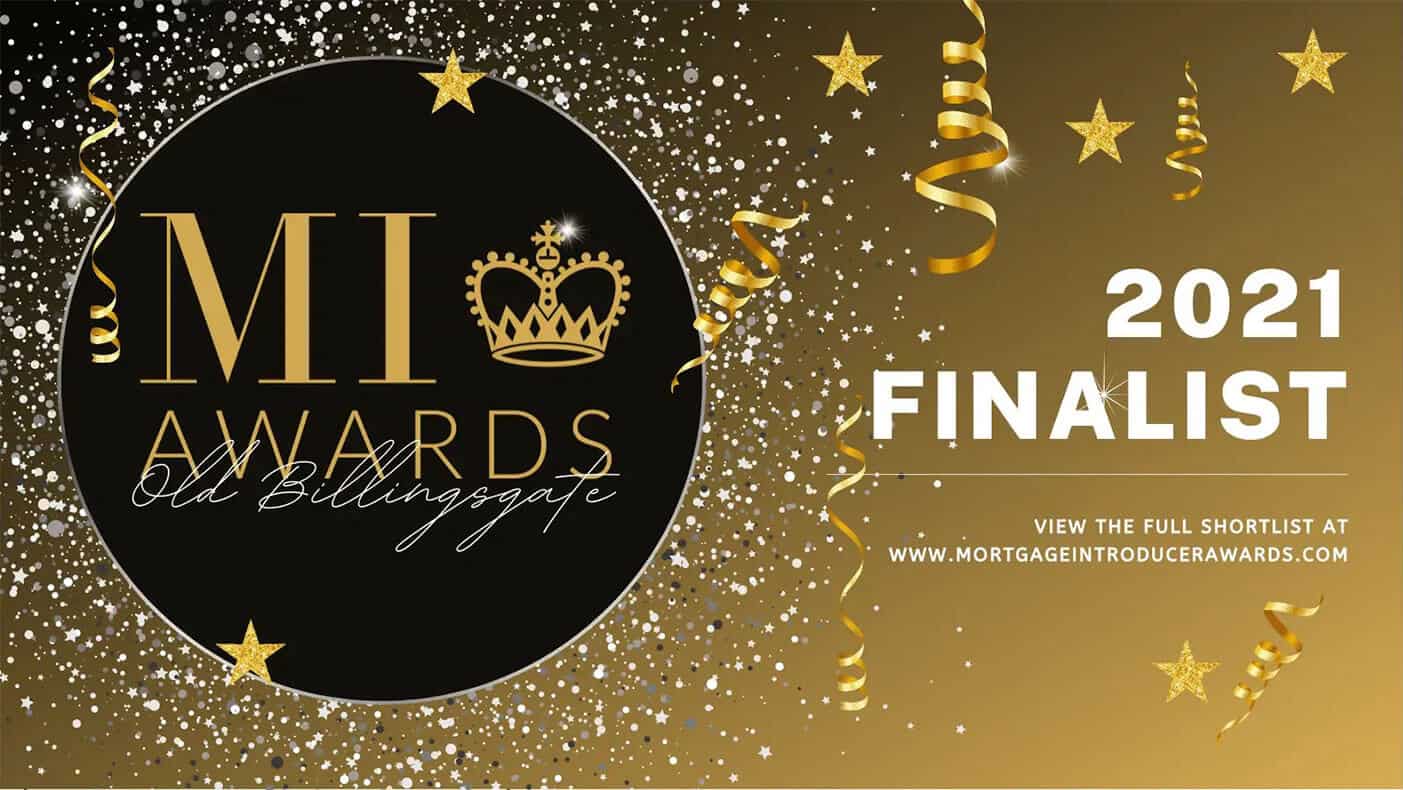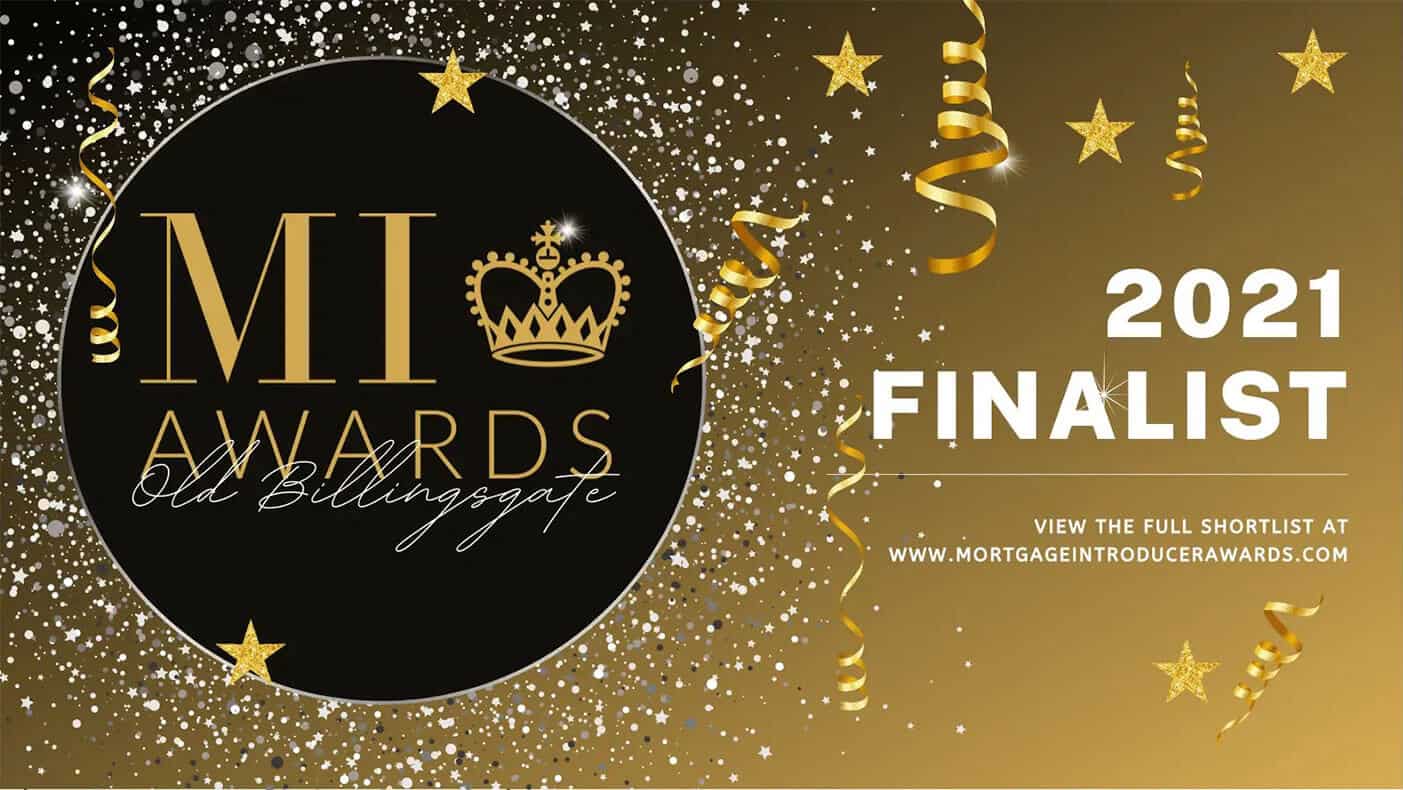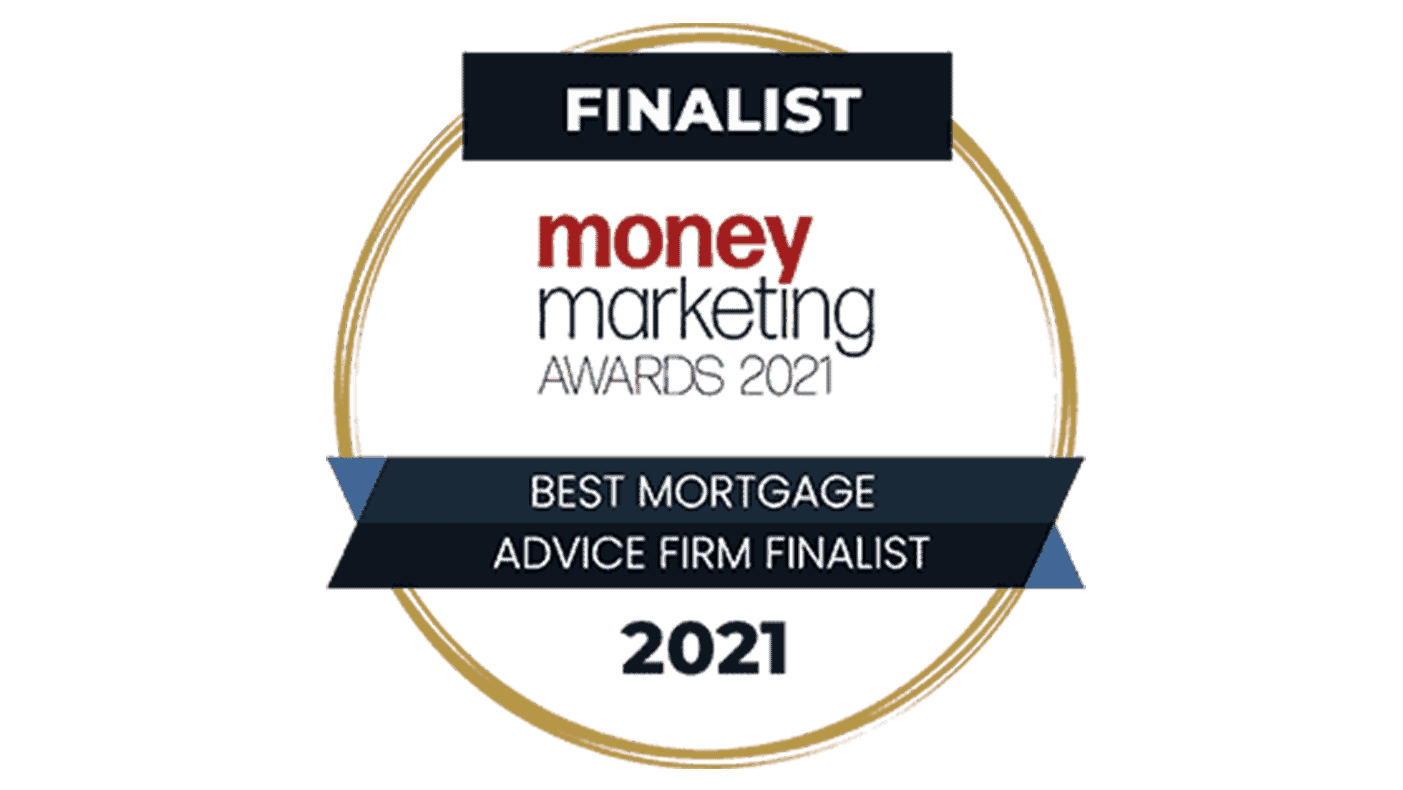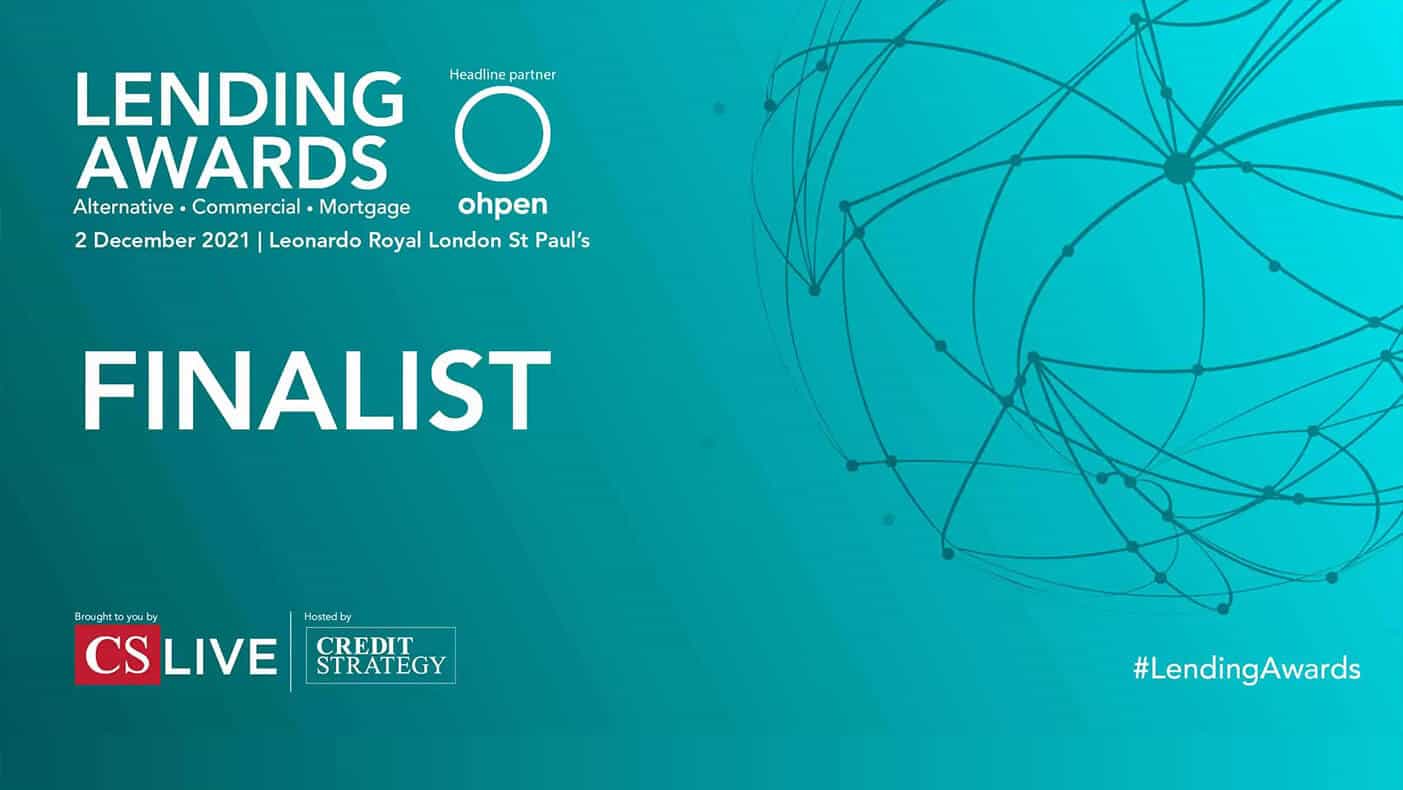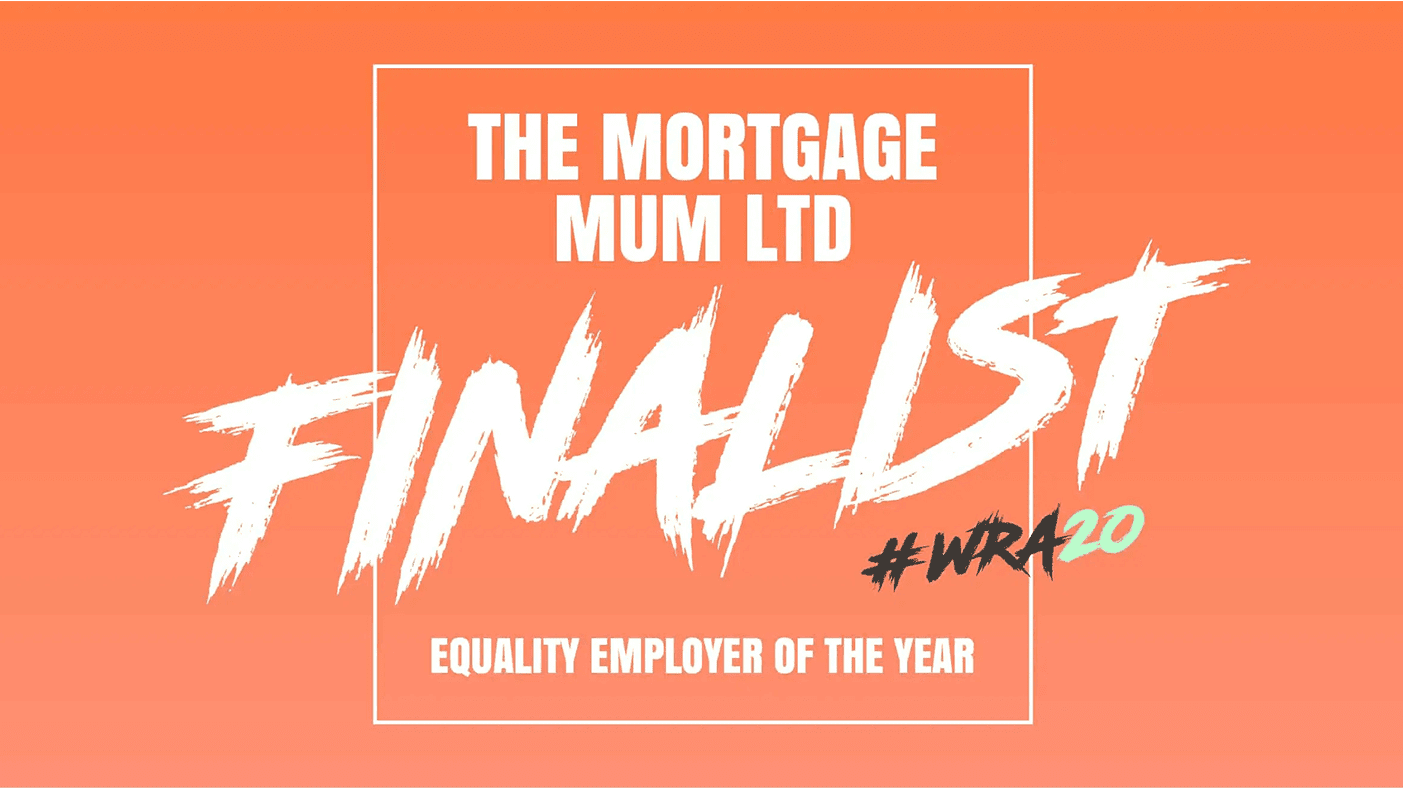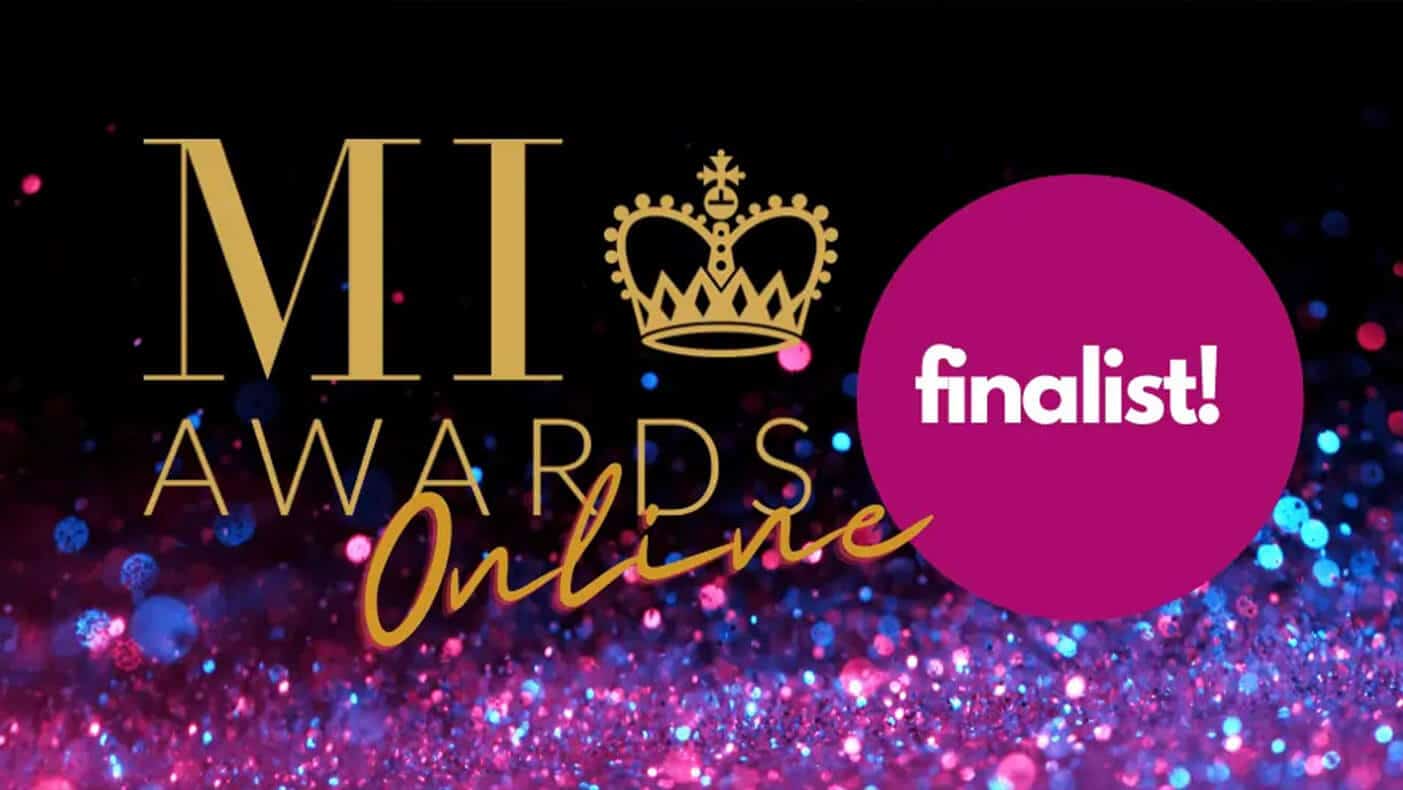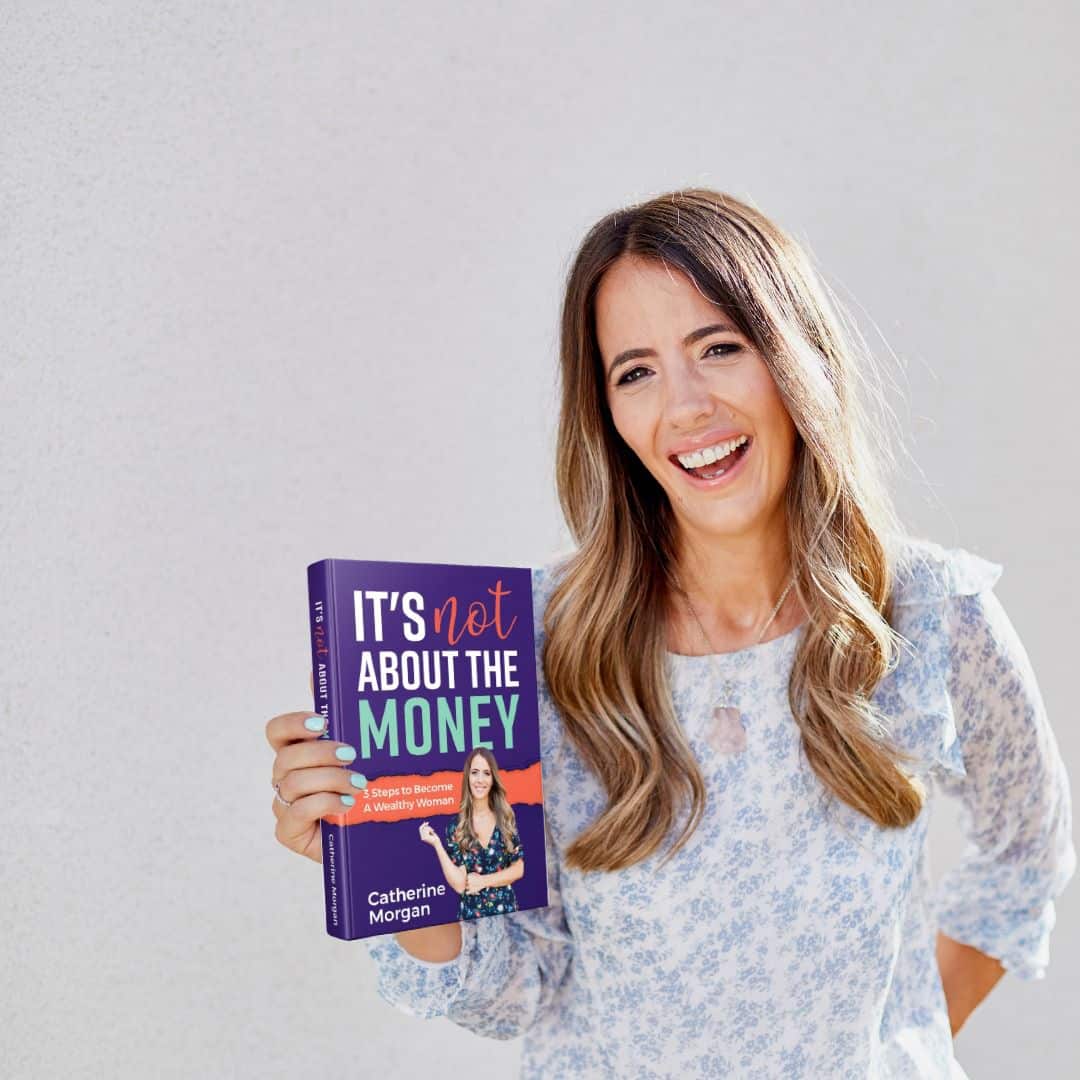
Money Traumas with Catherine Morgan, Award Winning Financial Planner, Financial Coach and Author of Amazon #1 Bestselling Book 'It's Not About the Money'
“It enables you to step into more gratitude around how are you using your time to create more balance of freedom and time in your life.” – Catherine Morgan
Sarah Tucker’s introduction to our guest, Catherine Morgan.
Catherine Morgan is somebody that’s really inspired me. She’s a woman who has achieved run remarkable things in her career. She is an incredibly resilient, successful woman who continues to push herself to be better and better. She’s a fellow 22 in neurology, and I worked with Catherine as a coach in 2019.
I’d recently come off The Voice, I had launched my business and I was feeling very lost. I suddenly started doubting myself. Catherine and I got on really brilliantly and it was great to talk about things together that are so important – trauma around money, anxiety around money, empowerment and financial resilience. Catherine is a multi-award winning qualified financial planner and an award-winning certified financial coach. And her mission is to reduce financial anxiety and increase financial empowerment and resilience for 1 million women around the world.
She’s host of the top 1% global podcast In Her Financial Shoes and founder of the Money Panel. She recently won Financial Wellbeing Champion of the Year and Marketing Influence of the year 2022. And she’s been featured on radio for women’s hour in Forbes, The Telegraph, The Times, The Independent, the Financial Times, Stylist, Good housekeeping, Closer, Marie Claire, Reader’s Digest, The Daily Mail and Huffington Post.
Catherine’s also the author of her recent book, the number one Amazon best seller, It’s Not About The Money.
She believes that the way we treat money is a mirror reflection of how we treat ourselves and talk about a lot after almost losing her son to meningitis at five weeks old and spending years in a debt shame cycle. She became determined to help women to release the guilt and shame that they attached to money and change the financial.
She’s definitely influenced me and in turn The Mortgage Mum – if it wasn’t for her inspiration The Mortgage Mum podcast might not even exist.. I hope you get as many light bulb moments from this episode as I did.
Listen in above for the full episode or read below for a key summary of our conversation…
GET YOUR FREE COPY OF CATHERINE’S BOOK, ‘It’s Not About The Money Book’ visit www.itsnotaboutthemoney.com (just pay p&p!)
In the brand new book ‘It’s Not About The Money’, Catherine Morgan reveals the journey from Financial Insecurity to Financial Freedom through the lens of financial trauma and the emotions of money. Through stories, inspiring thoughts, practical steps, and powerful exercises, you will be equipped to manage your money, mind and the behaviours that have prevented you from having financial peace of mind….
Catherine, you have received the acknowledgement of an Amazon best selling book, how does that success feel?
It’s really interesting for me. I don’t really celebrate successes, like awards and the kind of number one, Amazon best seller statuses. And I was saying to a friend the other day, like why is that? Why is it that I don’t really feel deserving to celebrate when things like this happen? And I think it’s two things for me. One is around my own sense of self-worth and actually a lot of what I talk about in my book is coming from this place of self worth and awareness and self acceptance. And I think growing up for me, it was almost like if you were boastful about winning an award or doing well, it was almost perceived as negative in some way. And so I am carrying this belief around that it’s boastful to celebrate successes…
There’s a big part of me that still feels like that belief comes up a lot for me. And I feel like it’s like the ego part of me that’s coming out to play and where I feel most gratitude is at the times when I actually see the transformational impact that that creates in the world. So for example, hitting a number one, Amazon best seller in 12 categories may sound great, but actually it’s two months later when people start messaging me on Instagram or sending me a voice clip or a long email like saying, “this one thing you said in the book, like has had a massive impact for me. I feel like that is something that I can lean into and really celebrate because it’s impact driven”.
Supporting a lot of women growing their businesses and growing their wealth, I feel like that’s easier for women to lean into because we feel more powerful when we can actually look at what are the results, the transformations, what is the impact of the work that we do. And it really filters into our “why” system.
For those who haven’t read the book yet, It’s Not About The Money. It’s a really thick book. There is a lot of content in it, it’s full to the brim with content. How was it to write a book and what was your process?
It was really hard to write for several reasons. One is I actually have dyslexia, so I find it very difficult to write. I find it very easy to communicate through my voice, but very difficult to write. I actually recorded quite a lot of it and then had it transcribed. That was my starting point. I felt there was so much I wanted to add in, I had to keep putting up strong boundaries with myself and save some inspiration for future books. As i wrote it. I actually up-levelled my own traumas and mindset through the process of writing the book. So it was really quite medicinal and therapeutic, because as I was writing, I was coming up with all of these beliefs and these borrowed beliefs that are just inherited and things that were keeping me stuck from getting this work out into the world.
And I definitely feel like so many of us resonate with this in our own lives. We just get stuck. And then this perfectionist part of us comes out to try and protect us from feeling pain or shame, which is a lot of what I write about in the book. We don’t create opportunities or we say no to things that could be good for us, or we stay stuck mentally around money, around our relationships, around our business growth, everything. And so it was kind of a really therapeutic journey for my own self healing.
Explain to us about wealth creation and language…
Wealth creation is a feeling. Money is a tangible thing. Wealth is state of mind and that mind comes across to our language. So when we say things like “I am not an author” we are limiting ourselves. Whereas if we were to say, “I am not a writer yet”, it opens up that possibility again.
We limit ourselves through our language. The first thing to get really curious about is how you are limiting yourself through your language. And the reason you’re doing this is because your brain wants to keep you safe. It wants to keep you safe by reminding you of things that feel familiar. So if we’re trying to create more wealth for ourselves or more riches for ourselves, the first place to actually look at is what you already have to be grateful for and step into that gratitude mindset – that will then make you feel more abundant, more feeling of deserving to receive more and have more. And then that’s when we can start to unlock possibilities of creating more.
Money is so central to everything and a lot of our fear is sitting with money. I’ve realised I needed to look behind the £££ to see what was beneath it. What inspired that, to ask gut wrenching questions that really spin you on your head? Is that from your own experiences?
I think it comes from a number of places. I wanted to write this book by looking at personal finances through the lens of trauma. We all create, during our life, a number of trauma responses to situations that we’ve experienced. Trauma is essentially just a state when our nervous system feels unsafe and we go into fight or flight response. It could simply be maybe as a kid, you put your hand up in class and your teacher said, “put your hand down”, that could have created a trauma response to that five year old version of yourself. And now you think what you have to say doesn’t matter…
And so we wonder when we get into our adult life, why is it? We find it difficult to show up and communicate and share our stories without this kind of inner critic coming out to protect, because it doesn’t want you to feel the same embarrassment or pain or shame that you felt as the five year old version of yourself. So if our natural trauma response is to people please, we behave based on what we think other people will feel or think because the judgment comes in. This shows up for us in business where we undercharge, we give people discounts, we pay for a meal.
When we go out with friends and family, when we really can’t afford to do it, or we don’t have strong boundaries for ourselves. And so we say yes to too many things, we avoid conflict because it feels unsafe.
We over give the detriment of our own needs. We over give our time. We undervalue ourselves as there’s like a list of all of these things that happen when we have this trauma response of people pleasing. And this is known as forming in psychology.
So many people have heard of fight or flight or freeze response. This is what happens when we are faced with a literal life or death situation or what the brain perceives to be a life or death situation. We pause and think we experienced this feeling when we were younger, we feel very unsafe. We do what everybody else wants me to do.
We ignore our own sense of values, or the things that guide us intuitively and it keeps us stuck. So when I ask these deep questions, it’s to really bring self-awareness and curiosity to what might be some of those natural trauma responses, where you are making decisions based on financially your capacity to receive more, hold onto more and give more based on those responses. So if you are playing out a trauma response, that money makes you a bad person. Or if you have more money, it’ll be taken away, or money is used to manipulate other people or money is wasted or people will dislike me. Some of these patterns keep us stuck in a trauma response and therefore we feel like having more money is not safe. It’s not safe for me to have more money because rich people are greedy and you have to work hard to make money.
All of these narratives and stories that we hear growing up, create our belief system. Our entire belief system has been generated by the age of six. And so actually a lot of the work we have to do in order to unlock the possibilities in our life is to go right back to what those borrowed beliefs are. What are those borrowed messages that we are literally operating from? And then how do we change those operating systems?
So subconsciously we’re doing that to ourselves without even knowing it?
This work is all about manifestation and having a good mindset and yes, absolutely. It’s all of those things, but you can’t just sit there and think this isn’t going to happen. Often the way that we feel about ourselves is actually stored in our bodies. When we feel jaded, or we feel this sense of pressure in the chest or see perhaps in the pit of our stomach, there’s a very physical connection.
And there’s actually lots of evidence to show through epigenetics that we carry more of our emotion in our body, and our body reacts before the brain reacts. So people over rationalise and overthink and try and bring logic into things. Your body is giving cues that something’s not quite right. And it’s going to send messages to the brain and it’s then the brain that’s going to interpret our behavior. And a lot of people will often feel stuck and stay stuck because they’ll focus on the practical steps. They’ll look at how to budget better, how to pay down my debts faster etc. They’ll look for these quick win solutions, but the quick win solutions or the practical steps are not the only thing that we have to be aware of. The financial education is one big part of this journey. It’s also understanding that there’s a big mind and body connection.
The one thing you can do to change your relationship with money is simply awareness.
Never underestimate the power of just that self-awareness for yourself and how that can lead to huge transformation in just recognising what are some of those belief systems that you’re operating? How are they serving you?
Speak to an expert
We will work at times that suit you and your family, carrying out appointments via video call, telephone or email, giving you the benefit of first class service, around your own schedule, and in the comfort of your own home. So let us handle your mortgage today and find out how well we can look after you, The Mortgage Mum way!
People often want a quick solution, they want to know the quickest way. Your amazing book requires effort, but many people do just leave books on a shelf with the best intention of reading them one day…
You have to be willing to read it, to sit with it and to do the exercises. I do also like listening to audio books as well. I can listen on 2 x speed when I’m out walking. It’s really about putting intention out into the world. And often the reason that people don’t take action is either a stuck belief somewhere, or it’s that they tell themselves they have no time when we are dealing with scarcity of time.
It’s almost like an excuse for actually what’s going on underneath. because we get to choose how we allocate our time. And when you’re dealing with a scarcity of time, I always plan a few moments of flexibility throughout my day, half an hour here and there, so that whatever comes up for me during that day, I’ve created that spaciousness for me.
Go and create this time in your calendar, that spaciousness so that you can actually then have more intention behind how you utilise your time – like reading those unread books! And then it enables you to step into more gratitude around how you are using your time to create more balance of freedom and time in your life.
Everything is a choice and it’s starting small…
I think it’s starting small. It’s also creating win-win situations for yourself rather than win / lose situations because when we create win, lose situations and a good example of this is we set ourselves a financial target or a financial goal. I want to have X amount in my savings account in three months time. Or I want to increase my revenue by six figures this year. We create these win / lose situations. We create these goals. Yeah. And then when we don’t hit them, we have fear of failure come up. And there’s a big link between fear of failure and fear of success. A lot of people will actually self sabotage because they don’t want to be successful because of what success represents because of that desire. Fear of failure is very much about other people’s expectations or other people’s feelings.
I always say to create win-win situations in every aspect of your life. So setting intentions over goals is I think is one way of doing that. And rather than looking at what everybody else is doing, just think, “what am I already doing that I can be super grateful for”?
That’s fear of failure, which is because of other people’s judgment and our feelings around how other people are going to perceive us. because ultimately as human beings, we want to feel more connected. We want to feel more accepted. We want to feel more loved.
All of that connection away from our sense of self and who we are as beings as human beings. And this, I think it’s much more about how do you harbor greater wellbeing and wealth for yourself, not just the physical pounds in your bank, account wellbeing and wealth is a state of being, it’s a state of mind. It’s not about how much money you have in your bank account. You could be the poorest person on earth and wake up happy every single day because you’re stepping into much more of a gratitude mindset, which opens up the possibility to have more and to receive more. We can’t do that when we’re stuck in a mindset of comparisonitis of other people.
AlI I can think of are these very wealthy celebrities that are unhappy…
Especially those that succeeded when young. Because we have this belief that if you are a celebrity, you must be happy. because we measure happiness via a yardstick of number of followers or number of pounds in their bank accounts…
Those key measures of success that we get reminded of again and again and again. Followers, awards etc.
We have to push for more happiness. All that tells us is that being unhappy is not safe and being unhappy is not a good place to be. Actually it’s at times of despair and grief and unhappiness that we learn more about ourselves and more about the planet and more about our value system and what drives us and what motivates us. I always say to my children that it’s okay to feel. We need to feel all emotion. We need to feel, they need to feel safe, to feel good and bad emotions. They’re not bad emotions because if we teach the world, we teach our children.
We’re telling them that it’s not okay to be sad. And all that does is create this emotional tunnel where we block certain emotions. And when we block certain emotions, we’re actually then not open to receive the positive emotions because when you block anything in life, you’re blocking your ability to receive and to feel.
We want to feel the good and the bad. It’s okay to feel guilt and shame and judgment and grief and loss and responsibility and anger and resentment and regret and all of these emotions, because they’re all serving a purpose to help us. How can you look at this and use this as a way to better your life and to better your sense of self worth? Because the relationship we have with money is a reflection of the relationship we have with ourselves.
One of your biggest goals is to help 1 million women become more financially resilient, which is just such a powerful statement. How do you keep yourself in check? How do you make sure you stay in that head space so that you can freely gift to others?
Conscious awareness for me is just one of the greatest gifts I think we can all give to ourselves for free without costing us anything at all. And I think that for me, I have been a people pleaser and it comes up occasionally from time to time. The best way for me to manage that, in order for me to grow this big impact is I have to recognise what my own boundaries are that I need to create, that come up for me when my ‘people pleaser’ comes up, for example. I have to be really careful on my boundaries of my time because when I start to give too much of my time, then my wellbeing is not where it needs to be for me to best support other people.
And it comes back to putting your own oxygen mask on before you can help other people. And I always felt really, it felt difficult for me to accept that for such a long time, because I have to help everybody. I felt like I had to rescue everybody in my life.
And one of my core values is justice. So anytime I felt like there was injustice in the world, and I want to go and rescue people, I actually have to remind myself that if I, if I become the rescuer, what impact does that have on someone’s ability to rescue themselves. If I just hold a space for others to come to that awareness for themselves, which is the work I do in financial coaching, then that’s going to be so much more enriching and rewarding for them to be in a place of that self-empowerment piece. And I think that’s hard when you’re a parent, hard if you’re a business owner and you have team responsibility etc. But actually for me, it is about creating boundaries and awareness of the things that often come up for you personally and how do you create boundaries around that for yourself.
And I think that as women, we need to occasionally stamp our feet and put our flag in the ground and say, “this is not acceptable behaviour”. When we talk about gender diversity or we talk about situations of bullying and vulnerability and all of those things in the workplace, we have to feel confident to say “enough is enough”. Knowing this for myself has really helped me to therefore be able to live that vision more and more every single day and give greater impact to more people.
Speak to an expert
We will work at times that suit you and your family, carrying out appointments via video call, telephone or email, giving you the benefit of first class service, around your own schedule, and in the comfort of your own home. So let us handle your mortgage today and find out how well we can look after you, The Mortgage Mum way!
So many ‘light bulb’ moments! That’s what a good counsellor and therapist does – you just sometimes need to be heard. And that’s why it’s so wonderful to have a podcast – unless you’re doing an interview there’s no one talking back! Just like a voice note – we create them uninterrupted and we listen to them on our own terms!
For me, talking therapy just never really worked. It never helped me because I felt I was just being traumatised talking about certain situations. For me, learning some of the somatic therapy modalities has really, really helped to shift a lot for me – like EFT, which is emotional freedom technique which is where we are using parts therapy to actually connect and have conversations with younger parts of ourselves – because essentially when we go through trauma, there’s an energetic part of us that is in freeze or in fight or flight response. And so whilst we continue to be in those trauma responses, we as adults are going to continue to react, believing that we are still in those trauma responses. So if you can actually go in through somatic work and experience shifting some of the limiting beliefs that we’re holding onto based on a perception of threats.
It can be little things that compound over time that can create this perception of belief that we are not safe and it stops us from taking or it stops us from doing something. And so for me, going back to that trauma point there and therapy, I think everybody should have some kind of somatic therapist on their team to actually support their own sense of wellbeing. That’s been really supportive for me.
Is there anything that you recommend? How else can people work with you nowadays?
Definitely start with the book (which is currently free you just just the P&P). From that point, we have a variety of programs, including the Wealthy Women’s Wchool – our signature program. It brings in all the modalities mentioned in here plus the practical steps. So it’s really looking at money from both sides, the emotional side and the practical side. But I would really start with some of those self reflective questions in the book and then just see where that takes you.
And are you still doing one-to-one coaching?
I do quite little one-to-one coaching myself. I do take on a couple of clients a year, but we also have associate coaches who are trained in financial coaching. So they’ve been through our year-long certification program and they are very well equipped to support people one to one.
You can create big change in your life as well as little change. And sometimes it’s in the courageous small steps that create the biggest results in your life. The small steps are definitely important, but sometimes it takes that little bit of courage to take that next leap. To create the real change, the real emotional shift, the real emotional changes that you want to see for your life and for your communities and for the world and whoever you want to support in your vision.
***
Thank you to Catherine Morgan for joining Sarah Tucker on The Mortgage Mum Podcast. Listen to The Mortgage Mum Podcast on all major podcast directories including Apple and Spotify. You can also catch up on previous episodes on our website and on The Mortgage Mum YouTube channel.
How to find Catherine:
https://www.catherinemorgan.com
https://www.linkedin.com/in/catherine-morgan/
https://twitter.com/themoneypanel
https://www.instagram.com/catherinemorganmoney/
https://www.facebook.com/catherinemorganmoney
https://podcasts.apple.com/gb/podcast/in-her-financial-shoes-podcast/id1449065629






